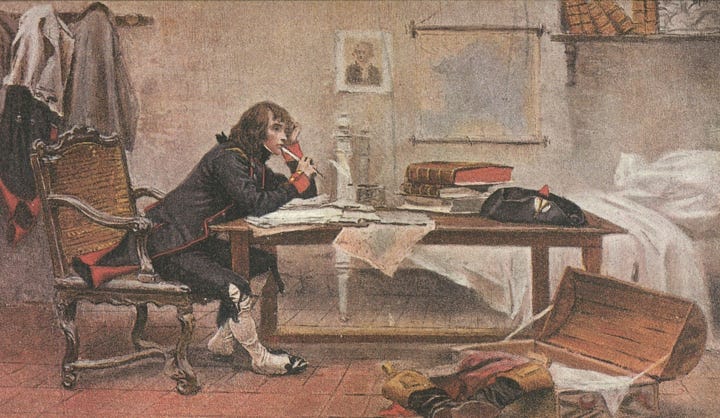Making Sense of It All
An Approach to Learning
There is a lot of military history out there. Because of that, people who wish to make good use of the great mass of books, articles, podcasts, videos, and games available may want to craft a strategy for approaching the subject.
The classic description of such a strategy can be found in “The Use and Abuse of Military History.” Written by Michael Howard in 1961, and published several times since then, the essay proposed a three-part approach to the study of armies, battles, and campaigns. A student of military history, Professor Howard argued, should cast a wide net over the subject, delve deeply into a particular event, and, while doing both, pay attention to the broader context of martial enterprises.
The learning strategy at the heart of “The Use and Abuse of Military History” was composed at a time when tales of armies, battles, and campaigns were largely found between the covers of printed books. For Professor Howard, who could walk from his office at King’s College London to the British Library in thirty minutes or so, and was able to read half-a-dozen languages, this was not much of a restriction. For most students, however, the “bookishness” of military history made it hard to explore beyond the limits set by the necessarily modest offerings of local libraries, local bookshops, and the Book of the Month Club.
The original (ink-and-paper) Tactical Notebook was an attempt to use the information technology of the early 1990s to push against the aforementioned limitations. To this end, it published reprints of hard-to-find classics, as well as material (such as detailed orders-of-battle) too esoteric to pass muster with the editors employed by conventional publishing houses.
The current of the Tactical Notebook, which operates in a very different information environment, serves a comparable purpose, one similar in spirit if different in many details. At a time when the problem faced by students of military history is not too little information, but too much, it serves as an accessible gateway to a world in which anyone with a connection to the internet can realize the ideal described by Professor Howard more than six decades ago.




History is written in blood!!